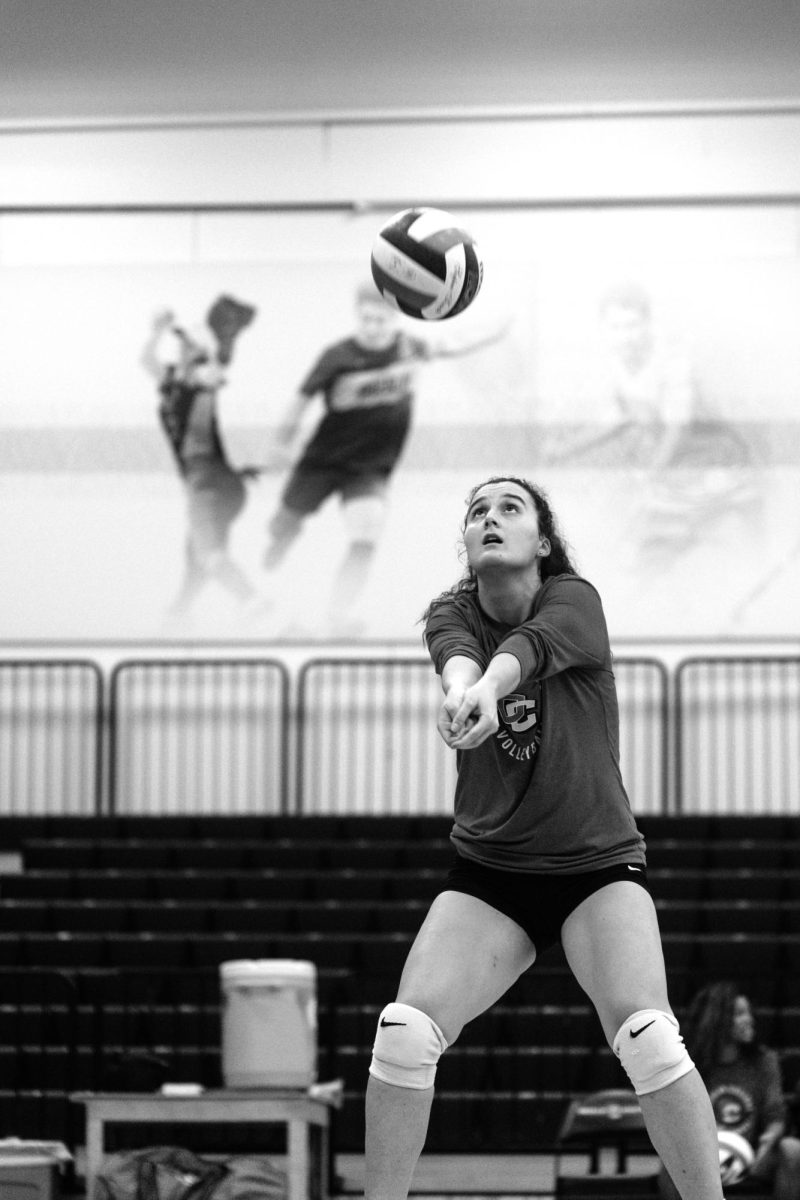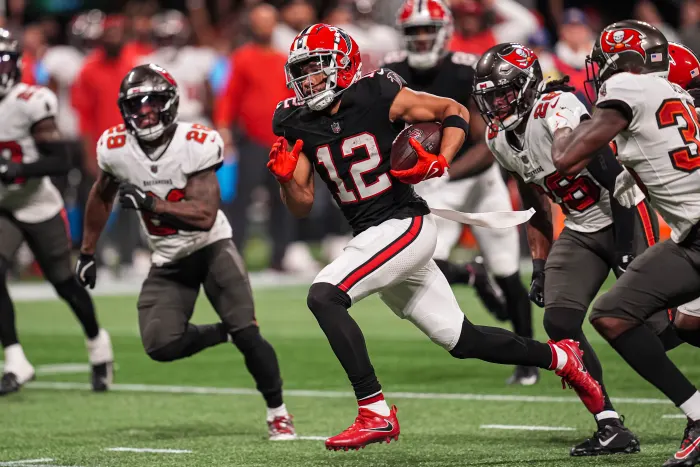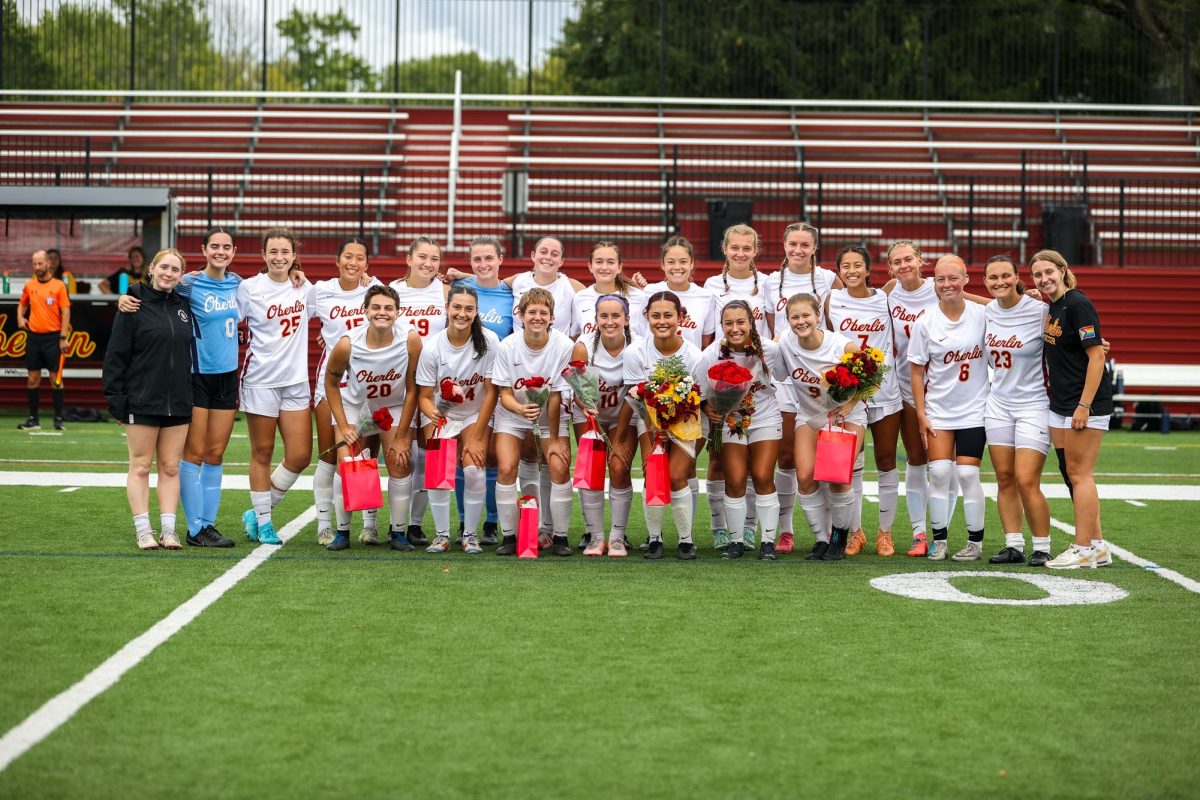College Athletes Must Lead by Example
September 26, 2014
In my experience, varsity athletes at Oberlin integrate well into the broader campus community. While some may disagree, I’d bet that most would safely acknowledge that we’re not the dominant cultural force on campus, as is the case at many larger state schools. At the very least, I can speak for the baseball team here. Under some circumstances, however, the privileges that many athletes enjoy on college campuses manifest themselves in the form of blatant disregard for the purpose of collegiate athletics. Nowhere is this more evident than in the case of Jameis Winston, last year’s winner of the Heisman Award and the quarterback at Florida State University.
Winston was barred from playing in Saturday’s game versus Clemson University as a result of yelling obscene and derogatory language toward women in Florida State’s outdoor student courtyard last week. Originally, the quarterback was suspended for only the first half of the game, but after evidence surfaced that Winston had misled campus administrative officials regarding the slur he had used, his suspension was extended to the entire game.
In isolation, the length of this suspension might be deemed appropriate. However, Winston has a history of finding himself in trouble. In November of 2013, the Florida State University Attorney’s Office reopened an investigation into a sexual assault case involving Winston. Though he was acquitted, the Attorney’s Office later discovered that the officer who ran the investigation also did contract work for the Florida State Seminoles’ booster club, raising questions of a biased investigation intended to protect the quarterback’s eligibility to continue playing.
On two separate occasions, Winston has also been found guilty of shoplifting, first in 2013 at a Burger King restaurant and then again in 2014 at a Publix supermarket. In neither case was Winston prosecuted to any meaningful degree. The obscenity incident is just one in a string of questionable decisions that the Heisman winner has made.
Florida State’s prescribed punishment of a one-game suspension is laughable considering Winston’s history. By repeatedly allowing the quarterback to skirt harsh punishment for his egregious behavior, Florida State is failing as a leader in the realm of college athletics to demonstrate that integrity takes precedence over ratings and profits. Unfortunately, contemporary American culture facilitates this kind of behavior in major college athletics and largely allows it to go unquestioned.
Many have argued that given Winston’s age, his behavior can be explained away as typical college stupidity. As a 20-year-old, I’m not excused from making a few less-than-intelligent decisions myself. However, the public platform that comes along with being a major Division-I athlete carries with it expectations of a certain amount of personal responsibility.
As much as I may want to believe otherwise, there aren’t many people who watch me play baseball and subsequently look up to me as a role model. However, athletes such as Jameis Winston do have that kind of public image and impact. Athletic departments and the NCAA should recognize the extent of the influence that their athletes have and ensure that they remain outstanding examples of what collegiate athletics is all about: hard work, humility and respect.


















